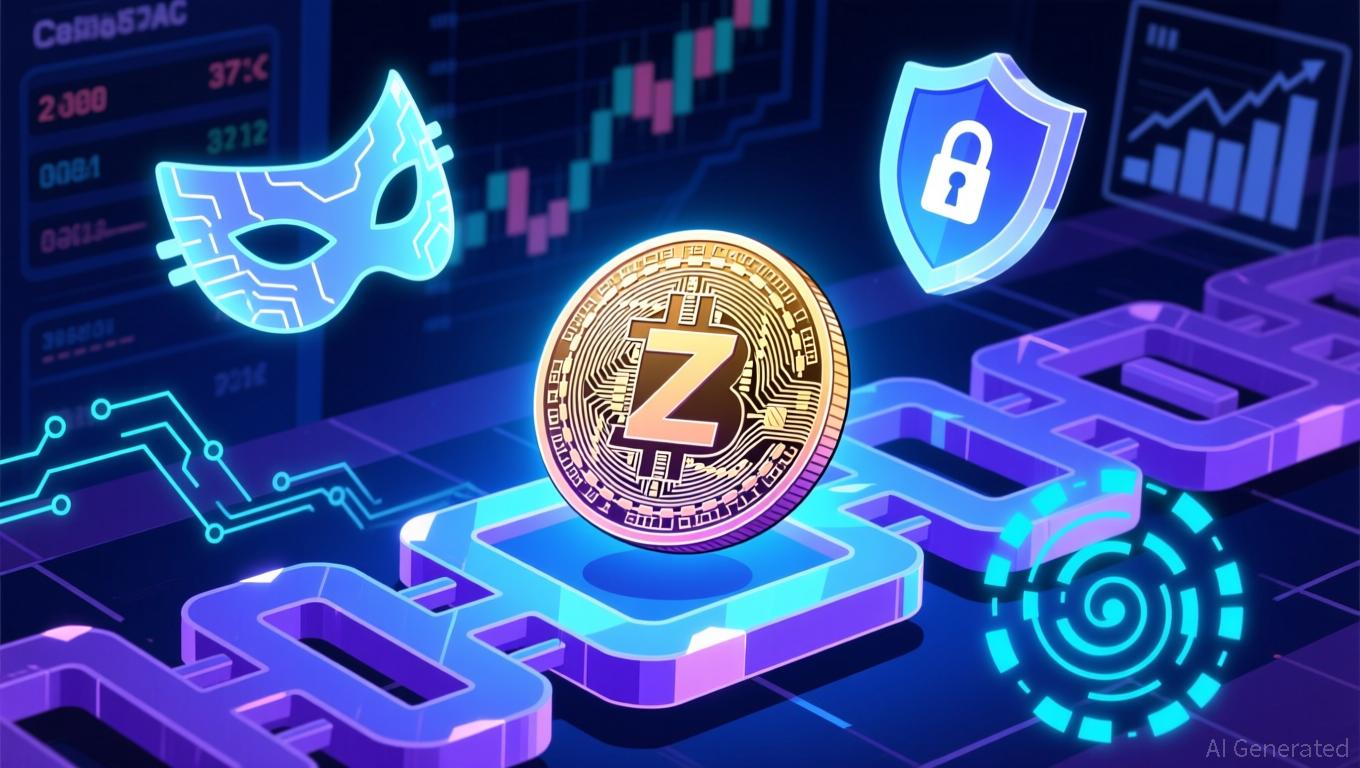- Iran increases its push for crypto trade as new sanctions limit its access to global financial systems.
- Officials highlight digital assets as a tool for cross border payments while private leaders question weak rules.
- Iran urges BRICS nations to accept crypto for trade even as global tensions rise over dollar independence.
Iran is moving ahead with a plan to use cryptocurrencies for international trade as renewed sanctions limit its access to global payment systems. The policy gained momentum after France, Germany, and the United Kingdom restored sanctions through the snapback mechanism in August 2025. The action followed concerns over Iran’s uranium enrichment activities and reduced access for international inspectors.
The renewed pressure has intensified Tehran’s push to adopt digital assets for settlements. Iranian leaders claim that crypto-based payments can support cross-border trade while bypassing traditional financial restrictions. The government also positions digital assets as a way to protect the economy from the long-standing impact of U.S. and U.N. sanctions.
Officials outline strategy at government-backed summit
The deBlock Summit in Tehran marked Iran’s first government-backed international blockchain event. Senior officials used the platform to highlight their desire to build a digital trade ecosystem. They framed cryptocurrency adoption as essential for a country cut off from the SWIFT network. They also described digital assets as a tool for independent nations seeking alternatives to dollar-based systems.
Iranian authorities signaled plans to work closely with academics and local technology firms to expand blockchain research. They also emphasized efforts to attract foreign investment into digital currency projects. The government encouraged BRICS members to accept crypto in cross-border transactions, even as India rejected the idea of leaving the dollar system.
Global tensions complicate Iran’s crypto ambitions
The international response adds new pressure to Iran’s trade strategy. U.S. President Donald Trump warned BRICS nations against adopting crypto or supporting alternative currency systems. He also threatened tariffs on countries that move away from the dollar. These geopolitical tensions place Iran’s efforts under closer scrutiny.
Meanwhile, the BRICS bloc continues to debate its internal financial direction. Iran claims that digital assets can help reduce reliance on the dollar and support long-term de-dollarization goals. Supporters argue that decentralized systems offer advantages for sanctioned economies.
Private sector highlights regulatory gaps
Industry figures at the summit raised concerns about Iran’s regulatory environment. They argued that current rules lack transparency and do not support the growth of local blockchain businesses. They also noted that a country under sanctions cannot afford unclear policies. Private sector leaders pointed to Iran’s SWIFT exclusion as a reason to adopt digital assets. They claimed that digital currencies can help bypass payment restrictions.
The Central Bank of Iran remains the sole regulator of the crypto market. It has blocked conversion channels between the Iranian rial and digital assets, which limits adoption. Policymakers continue to debate energy pricing for approved crypto mining operations as concerns rise over subsidized electricity use.




